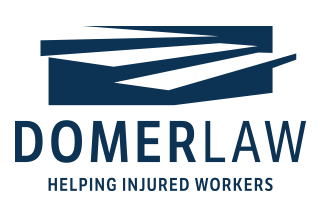It’s well-known by now that spending hours a day sitting at desk hunched over a keyboard is bad for your health. Sitting at a computer for more than two hours per day can affect your health in many ways.
Before you invest in a fancy ergonomic office chair, standing desk or yoga ball in your work space, consider a simpler solution: walking.
Why walk?
The great thing about walking is that you don’t need anything but the shoes on your feet. Taking a few minutes from your day to stretch your legs can also reduce the likelihood for conditions like repetitive motion injuries and even diabetes, heart disease and cancer.
Physical exercise like walking can help manage depression and stress, which makes managing your workload easier. You may also find improved mental clarity once you return from your walking break.
Seeing the benefits from walking doesn’t take long either. Research says that as little as 20 minutes of walking per day can provide physical and mental benefits for someone.
How to integrate walks into your day
If you’re like most people, you’re busy. Finding the time to sneak a walk into your day can seem difficult but it is possible. A few ways to include regular walk breaks into your day include:
- Walking meetings can be a fun and beneficial way to go about business.
- Start a walking challenge in the office to see who can have the most walking minutes, miles or steps.
- Eat your lunch on the move instead of sitting in the breakroom.
Finding time to go for a walk during the work day can be challenging, but you may find that you feel better mentally and physically once it becomes a habit. If you feel better, you may find that your productivity at work increases too.
Sitting for extended periods of time can be hazardous to your health but before you attempt to overhaul your work space, try finding a few minutes per day to move around. You may find that it won’t take long to see the benefits.


